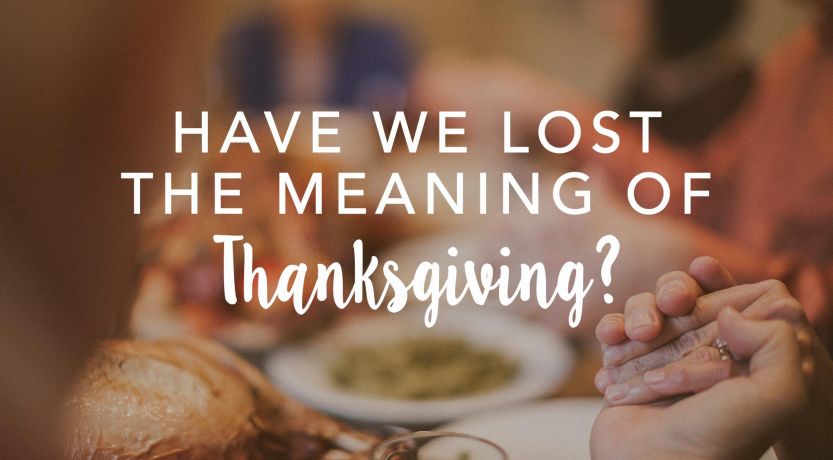
The Lost Art of Thanksgiving: How America Forgot Its Most Meaningful Holiday
The true meaning of Thanksgiving has gradually faded in American culture, overshadowed by commercial holidays like Halloween and Christmas. This shift reflects a deeper change in society's priorities and values.

Hands clasped in prayer position
Originally established by Abraham Lincoln 161 years ago, Thanksgiving was meant to be a day of national gratitude to God. Today, many refer to it simply as "Turkey Day," focusing more on food, football, and Black Friday shopping than spiritual reflection.
This shift mirrors a biblical warning found in Deuteronomy 8:10-17, where people begin to attribute their blessings to their own efforts rather than divine providence. Romans 1:21 further emphasizes how ungratefulness can lead to darkened understanding and misguided priorities.
The consequences of ingratitude extend beyond spiritual matters. When people lose their sense of humility and thankfulness, it often leads to:
- Flawed thinking and actions
- Broken relationships
- Increasing social problems
- Cultural decline
Despite these challenges, thanksgiving remains crucial for personal and societal well-being. As stated in 1 Thessalonians 5:18, "In everything give thanks; for this is the will of God." Developing an attitude of gratitude helps us:
- Recognize our blessings
- Maintain humility
- Find joy in simple things
- Build stronger relationships
- Maintain proper perspective
To restore the true meaning of Thanksgiving:
- Take time for genuine reflection
- Express gratitude daily
- Acknowledge blessings both big and small
- Focus on relationships over materialism
- Remember the holiday's spiritual roots

Small pumpkin on Thanksgiving table

Notebook titled "Things I Take Granted"

Family giving thanks at dinner table
Related Articles

The True Meaning Behind Jesus's Command to Love Your Enemies

